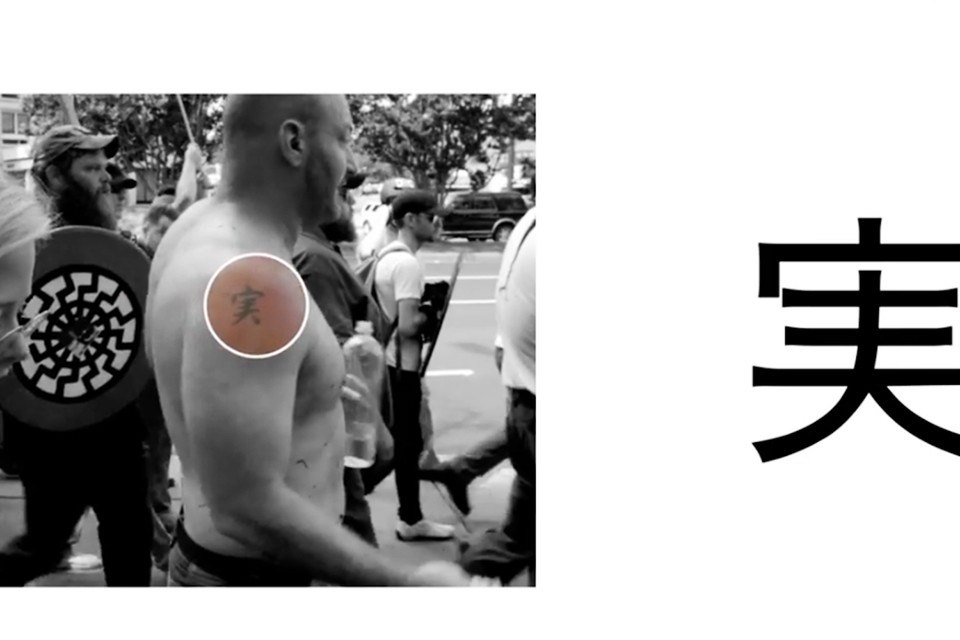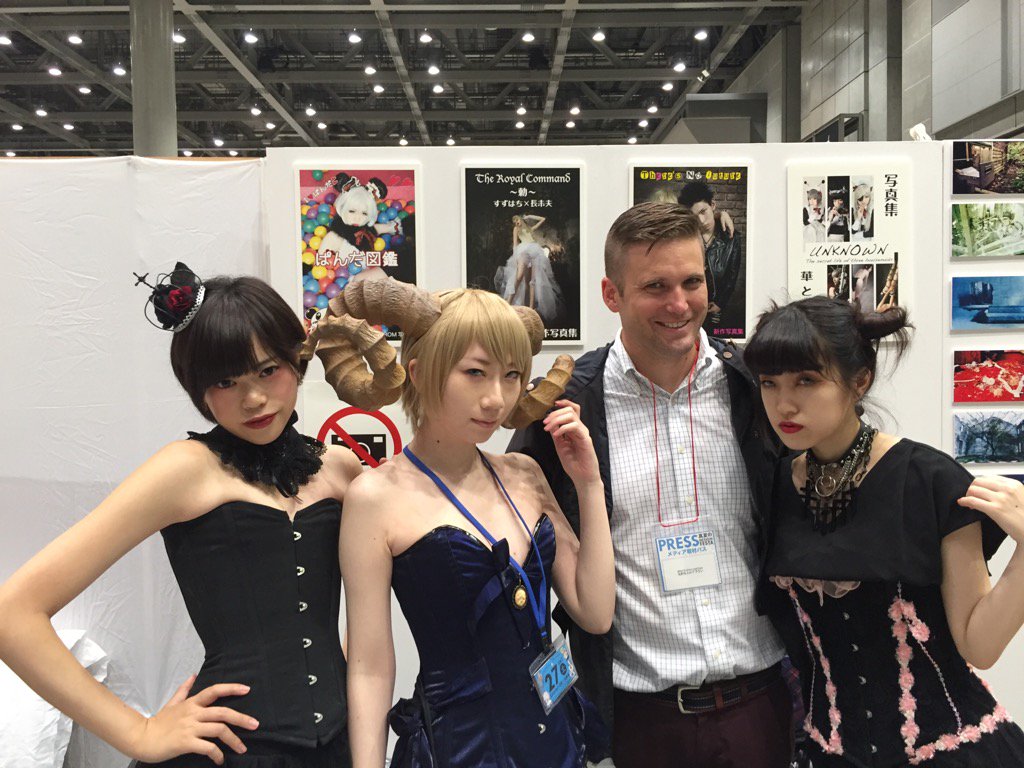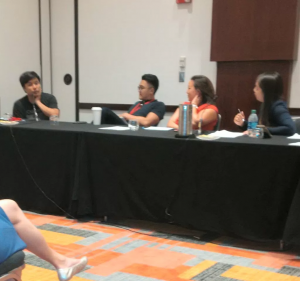rbk93
Supporter
- 13,607
- 12,635
- Joined
- Jun 29, 2016
Unless extraterrestrial life is a real thing, seems like it's an never ending cycle.
Even then, that could introduce more problems along the way.
Even then, that could introduce more problems along the way.






 “
“









